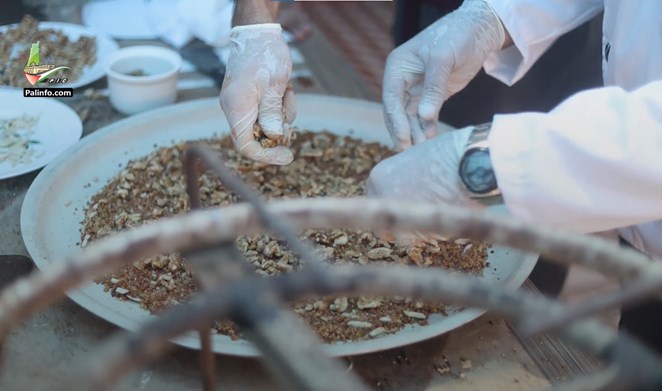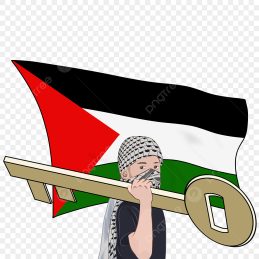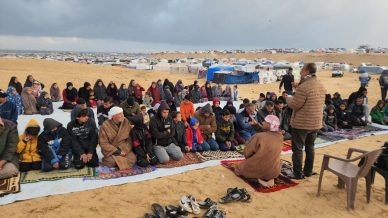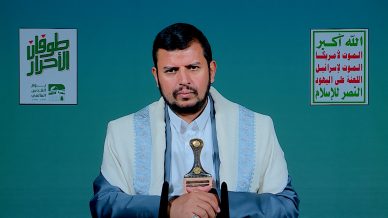For Palestinians living under occupation defending and preserving Palestinian culture and history is a vital part of relentlessly confronting the occupation’s attempts to eradicate Palestinian identity. To them the past means the present and the future. Throughout Palestine events and initiatives are held from time to time in contribution to deepening the heritage values of local communities.
In ancient Beit al-Sakka in the Old City of Gaza the Public Authority for Youth and Culture the Smile Kitchen Academy and the Palestinian Chefs Club held 3-day specialized training camp for the Palestinian traditional dishes entitled “I am Palestinian.” The camp was one of its kind as a contribution from the Public Authority for Youth and Culture as a group of chefs worked over three days to prepare different dishes of Palestinian heritage dishes such as Maqluba Romanniya Fatteh Hummus Gazan Qidra and Palestinian Arabic Kunafa.
Ahmed Abu Taha head of the Smile Kitchen Academy of Culinary Arts says “The educational camp aims at teaching traditional food that we fear the people may forget with the entry of many Western dishes into Palestinian cuisine.” Taha considers the camp a kind of resistance against the Israeli occupation that works to liquidate the Palestinian identity and its culture while attempting to steal authentic Palestinian dishes and attribute them to the “Israeli” cuisine. He adds “Unfortunately the occupation succeeded in this by taking accreditation from the United Nations Educational Scientific and Cultural Organization (UNESCO) to register falafel hummus and kunafa as part of its culture and heritage.”
Proliferating awareness about and reverence for the values of Palestinian heritage down through generations is a goal that those in charge of the camp are keen on as a witness to the place and time and a summary of the experiences of Palestinian ancestors. This traditional knowledge helps the farmer in plowing and watering the land and the peasants who depend on the barter system exchanging goods with each other to meet their daily needs.
Ola AlHaj is a Palestinian chef who has a YouTube channel which teaches young women traditional Palestinian cuisine in a simple way that encourages women to try them. “To us Palestinians many dishes mean memories and retain their fame until the present time such as Maftoul Musakhan and Saj bread which is indispensable.”
She further added that Palestinian heritage with all its material and moral components prove the right of the Palestinian people to the land of their forefathers and ancestors in direct refutation of the allegations and lies of the occupation about the history of the land of Palestine stressing the need to agree on national strategies to protect the national heritage.
The 3-day training camp ended with a closing ceremony attended by members of various Palestinian institutions concerned with heritage and history. The ceremony resonated with folkloric melodies and chants such as dabkeh and songs that mimic the old life of the ancestors and the smell of traditional dishes wafted throughout the place.
More than seventy years after the Palestinian displacement and the Nakba many people still live the traditional rituals with their simple details despite living under the draconian Israeli occupation and blockade. Participants in the camp asked for more similar events to help connect the young generation to their identity and heritage before it is eliminated or stolen.
– Wafa Aludaini is a Gaza-based journalist and activist. She contributed this article to the Palestinian Information Center.















